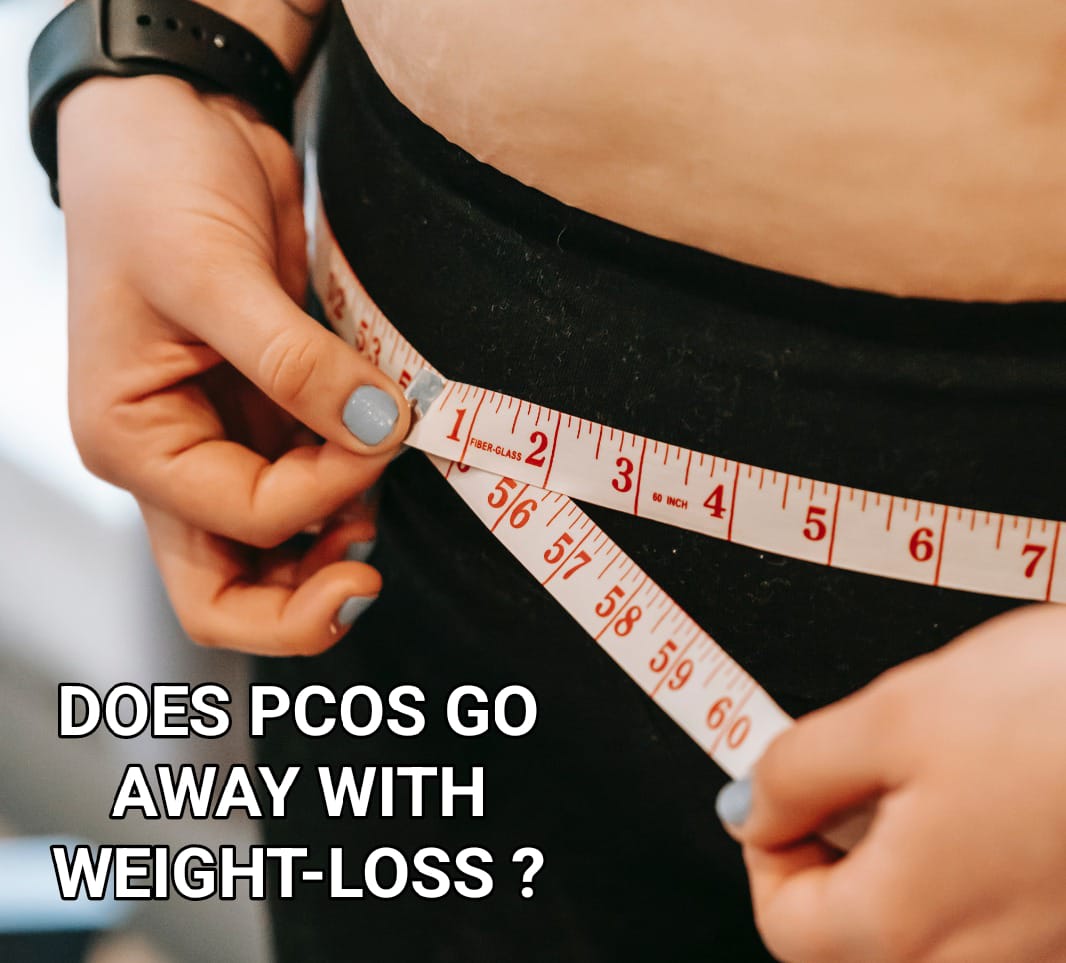What is an IUD?
An IUD, or intrauterine device, is a small T-shaped device that is inserted into the uterus by a healthcare provider as a form of long-acting reversible contraception. It works by preventing pregnancy through various mechanisms, such as interfering with sperm movement, affecting the uterine lining, and sometimes releasing hormones. There are both hormonal and non-hormonal IUD options available. They provide effective contraception for several years, depending on the type, and can be removed by a healthcare professional when desired.
What is PCOS?
Polycystic ovary syndrome (PCOS) is a common hormonal disorder that affects people with ovaries. It is characterized by a combination of symptoms, including irregular menstrual cycles, excess androgens (male hormones) in the body, and the presence of small fluid-filled sacs (cysts) in the ovaries. These cysts are actually follicles that have not matured properly and are unable to release eggs.
PCOS can lead to a range of symptoms, such as acne, excessive hair growth, weight gain, and fertility issues. The exact cause of PCOS is not fully understood, but it is believed to involve a combination of genetic and environmental factors. Management of PCOS often includes lifestyle changes, medications to regulate hormones and manage symptoms, and in some cases, fertility treatments.
PCOS and an IUD?
While an IUD vis a form of contraception, it can also have benefits for individuals with PCOS (polycystic ovary syndrome). IUDs, both hormonal and non-hormonal types, can help regulate menstrual cycles in individuals with PCOS, providing more predictable bleeding patterns. Hormonal IUDs, in particular, release a low dose of progestin, which can help manage irregular periods and reduce heavy menstrual bleeding that some people with PCOS experience. Additionally, the hormonal IUD can help alleviate symptoms like pain and discomfort associated with menstrual cycles.
Can There be Any Drawbacks of Using an IUD with PCOS?
Using an IUD (intrauterine device) to manage PCOS (polycystic ovary syndrome) has its potential drawbacks:
• Limited Hormonal Impact: While hormonal IUDs can help regulate the menstrual cycle and reduce bleeding, they might not address all the hormonal imbalances associated with PCOS. PCOS involves elevated levels of androgens (male hormones), which can cause symptoms like acne and excess hair growth. An IUD might not effectively address these aspects of PCOS.
• Effect on Ovarian Cysts: PCOS is characterized by the presence of small cysts on the ovaries. While an IUD won’t directly impact these cysts, it might not prevent their development or recurrence.
• Fertility and Ovulation: If fertility is a concern, hormonal IUDs can suppress ovulation. While this might be beneficial for some PCOS symptoms, it could complicate efforts to conceive when desired.
• Individual Response: The effectiveness and impact of an IUD can vary from person to person. Some individuals might not experience the expected benefits in managing their PCOS symptoms.
• Side Effects: Just like any medical intervention, IUDs can have side effects, such as irregular bleeding, cramping, or changes in mood. These side effects might impact individuals with PCOS differently.
• Continued Hormonal Imbalance: PCOS involves complex hormonal imbalances that go beyond the reproductive system. An IUD might not address issues like insulin resistance, which is common in PCOS and can impact metabolic health.
Is it Safe to Use an IUD with PCOS?
Using an intrauterine device as a form of birth control is generally considered safe for individuals with PCOS (Polycystic Ovary Syndrome). However, there are some factors to consider and discuss with your healthcare provider before making a decision:
-
Hormonal vs. Non-Hormonal: There are two main types of IUDs – hormonal and non-hormonal (copper). Hormonal IUDs release a small amount of progestin, which can affect the hormonal balance in the body. Depending on your specific PCOS symptoms and hormonal profile, it can impact your condition differently.
-
Hormonal IUDs and PCOS: Hormonal ones can have benefits for individuals with PCOS, as they may help regulate irregular periods and reduce heavy menstrual bleeding. Additionally, they can offer effective contraception. However, the progestin in hormonal IUDs might influence insulin resistance and androgen levels, which are often elevated in PCOS. Some individuals with PCOS may experience changes in their symptoms when using hormonal birth control.
- Individual Variation: PCOS symptoms can vary widely among individuals. Some people with PCOS might find that a hormonal IUD helps manage their symptoms, while others might experience changes they find undesirable.
The ten modern lifestyle root causes for hormonal imbalance related to PCOS that may on some level lead to problems with IUD are:
- Food Related Causes– Inflammation, toxicity, acidity, excess male hormones, insulin resistance.
- Exercise Related Causes: Sedentary lifestyle, lack of muscle strength, excess ovarian fat.
- Sleep Related Causes: Poor sleep quality (Lack of Deep Sleep).
- Stress Related Causes: Chronic Stress. Addressing these triggers through an integrated approach can naturally restore hormonal balance.

How can the Five Pillars Integrated Lifestyle Approach Help You to Have Hormonal Balance and Help With IUD?
- Eat Right: Embrace living, water-rich, whole, plant-based foods that nurture our genetic potential. By opting for local and seasonal choices, we honor nature’s wisdom. Eliminating packaged and processed foods liberates us from epigenetic imprints, elevating our hormonal health.
- Move More: Embark on a journey of holistic lifestyle changes, where staying active transcends mere exercise. Embracing constant movement throughout the day optimizes epigenetic expression, igniting hormonal balance. Engage in pleasurable physical activities, dance, or even mindful walks to unlock the power of epigenetic triggers.
- Breathe Aware: As we deepen our understanding of Pranayama, the science of breath, we access a profound gateway to support gland function and harmonize hormones. Harnessing the breath’s epigenetic influence, we transcend the ordinary and elevate our hormonal well-being.
- Sleep Better: Unlock the secrets of deep sleep, a transformative practice for healing and regeneration. With the art of Yog Nidra to avoid being sleep deprived, we embrace epigenetic potential, unearthing hormonal harmony in the realm of dreams. Rejuvenate your entire being through this exquisite dance with the epigenetic clock to stop feeling sleep deprived.
- Mind Free: Journey into the realm of emotions, thoughts, and stress resilience, where journaling, gratitude, and emotional practices become our guiding compass. Embracing epigenetic intelligence, we shift our narrative from stress to serenity, empowering our hormonal landscape.















